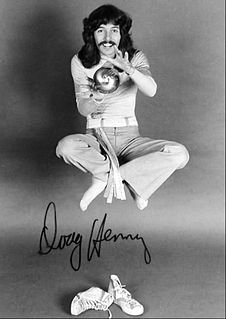A Quote by Justin Cartwright
I always assumed I could never make a living out of literary fiction, and I was right. When I did try, it took four years before being published.
Related Quotes
The Booker thing was a catalyst for me in a bizarre way. It’s perceived as an accolade to be published as a ‘literary’ writer, but, actually, it’s pompous and it’s fake. Literary fiction is often nothing more than a genre in itself. I’d always read omnivorously and often thought much literary fiction is read by young men and women in their 20s, as substitutes for experience.
It remains a mystery to me why some of that [pulp] fiction should be judged inferior to the rafts and rafts of bad social [literary] fiction which continues to be treated by literary editors as if it were somehow superior, or at least worthier of our attention. The careerist literary imperialism of the Bloomsbury years did a lot to produce fiction's present unseemly polarities.
I have spent a good many years since?too many, I think?being ashamed about what I write. I think I was forty before I realized that almost every writer of fiction or poetry who has ever published a line has been accused by someone of wasting his or her God-given talent. If you write (or paint or dance or sculpt or sing, I suppose), someone will try to make you feel lousy about it, that's all.
I think it really takes about 15-20 selfies that someone takes on their phone before they post the right one. There was this selfie that I took where I was wearing a white bathing suit, and it was after I had the baby, and it was a sexy pic. It took about 15 pictures to get the one that I posted. So you'll see all the ones that didn't make it. And you'll see all my selfies from the past years, including my first-ever selfie when I was four years old.
Historically, it took a long time before the court took any women law clerks. Finally, it did, but the numbers have never matched very effectively the percentages of law graduates out of graduating classes. We have far more than we ever did before and it's continued to grow, but it isn't a nice match yet.
[Michael] Chabon, who is himself a brash and playful and ebullient genre-bender, writes about how our idea of what constitutes literary fiction is a very narrow idea that, world-historically, evolved over the last sixty or seventy years or so - that until the rise of that kind of third-person-limited, middle-aged-white-guy-experiencing-enlightenment story as in some way the epitome of literary fiction - before that all kinds of crazy things that we would now define as belonging to genre were part of the literary canon.
They always assumed that I did not speak. That I could not. So many had plotted my death, discussed it, laughed about it, even while I was in the same room, because they assumed I was mindless. Like one of the failures of their kind, born mad. But I was not a failure. I was what I was supposed to be. I was dhampir. And they never lived to tell anyone they were wrong.





































